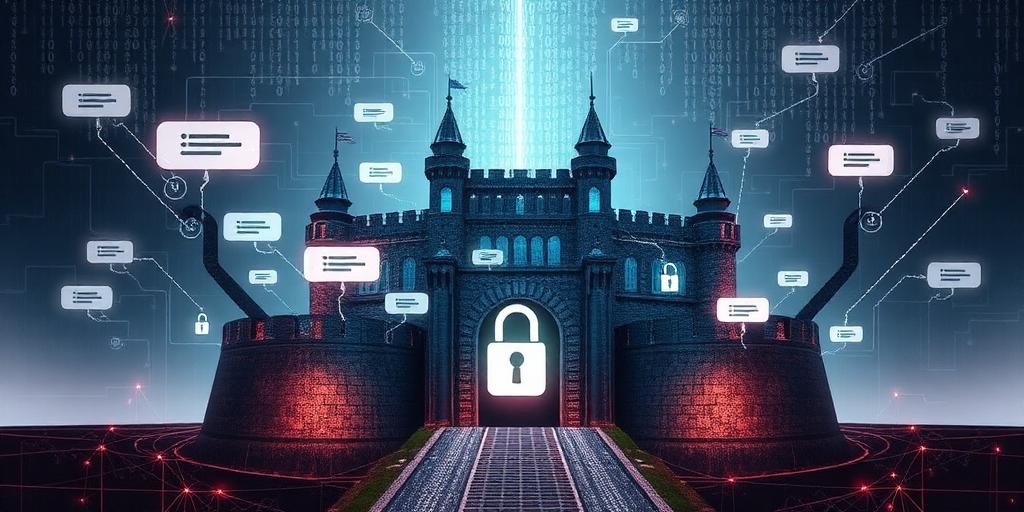In an increasingly digital world, encrypted messaging applications have become essential tools for ensuring private communication. These platforms use end-to-end encryption, meaning that only the sender and recipient can read the messages, protecting them from prying eyes, including governments, hackers, and even the messaging service providers themselves. However, the rise of encrypted messaging has not gone unchallenged. Law enforcement and intelligence agencies argue that encryption hinders their ability to investigate criminal activities, including terrorism, drug trafficking, and child exploitation. This has led to growing pressure on tech companies to provide access to encrypted communications, sparking a heated debate about the balance between national security and individual privacy.
One of the key arguments against encrypted messaging is that it creates a "going dark" problem, where law enforcement is unable to access critical evidence needed to solve crimes. Officials claim that this lack of access allows criminals to operate with impunity, making it more difficult to prevent and prosecute serious offenses. They propose various solutions, including the implementation of backdoors or key escrow systems, which would allow authorized parties to decrypt messages under specific circumstances. However, privacy advocates and security experts warn that such measures would undermine the security of encryption for everyone, creating vulnerabilities that could be exploited by malicious actors.
On the other side of the debate, privacy advocates argue that strong encryption is essential for protecting fundamental human rights, including freedom of expression and the right to privacy. They point out that encrypted messaging is used by journalists, activists, and human rights defenders to communicate securely in repressive regimes, allowing them to report on abuses and organize resistance without fear of government surveillance. Encryption also protects ordinary citizens from identity theft, financial fraud, and other forms of cybercrime. Weakening encryption would not only undermine these protections but also set a dangerous precedent, potentially leading to further erosion of privacy in the digital age.
The debate over encrypted messaging is complex and multifaceted, with valid arguments on both sides. Finding a solution that balances the needs of law enforcement with the rights of individuals will require careful consideration and open dialogue. Some potential approaches include enhancing law enforcement's investigative capabilities through alternative methods, such as improved digital forensics and intelligence gathering, while preserving the security of encryption for the vast majority of users. Ultimately, the future of encrypted messaging will depend on the choices we make today and our ability to strike a balance between security and privacy in the digital age.









